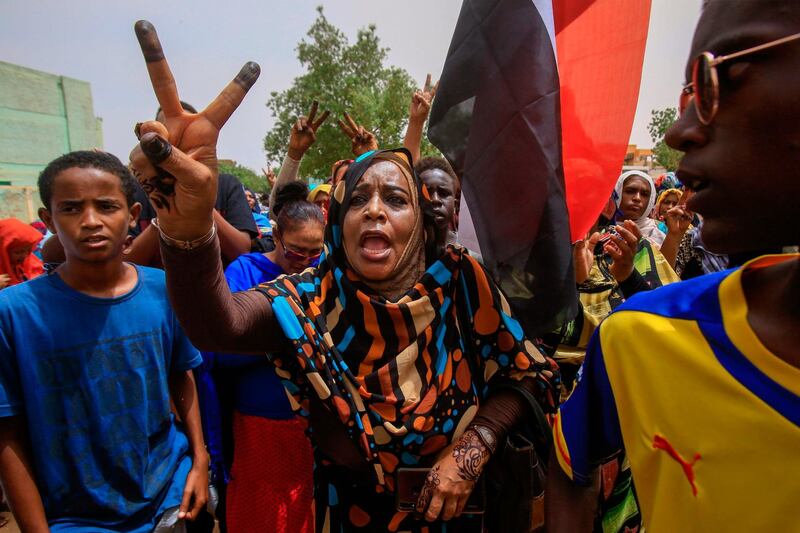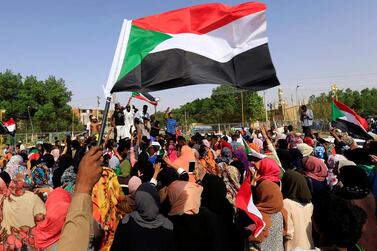Some internet users in Sudan were back online on Tuesday after a court ordered telecoms companies to end a weeks-long blackout ordered by the authorities to contain political protests.
Sudan's military rulers said they sought the internet blackout because of security concerns, after security forces carried out a deadly raid on a protest sit-in in Khartoum on June 3.
The blackout resulted in a "near-total loss of access" for mobile and fixed line connections for most ordinary users, according to digital rights NGO NetBlocks.
Users had hoped the internet cut would end after the military council and civilian opposition announced a deal on Friday for a three-year power sharing arrangement.
But the connections for MTN and Sudani, two of the main providers, were only restored after a court ruling on Tuesday, said Abdel-Adheem Hassan, a lawyer who had launched lawsuits challenging the internet cut.
It was unclear when services from the third main operator, Zain, would be restored.
NetBlocks estimated that the disruption had been costing Sudan more than $10 million a day.
United Nations human rights experts on Monday described the shutdown, which has affected humanitarian operations in the country, as a clear violation of international human rights law.
The restoration comes just days after Sudan's top general said the military council that assumed power after the overthrow of President Omar Al Bashir in April will be dissolved with the implementation of a power-sharing deal reached with protesters last week.
The military and a pro-democracy coalition agreed last week on a joint sovereign council that will rule for a little over three years while elections are organised. Both sides say a diplomatic push by the US and its Arab allies was key to ending a weekslong standoff that raised fears of all-out civil war.
Gen Abdel-Fattah Burhan, head of the military council, said in televised comments late on Sunday that the army would return to its barracks after 21 months, when leadership of the council passes from a military representative to a civilian.
The council will include five civilians representing the protest movement and five military members. An 11th seat will go to a civilian chosen by both sides. The protesters will select a Cabinet of technocrats, and a legislative council is to be formed after three months.
Gen Burhan said the sovereign council would have a veto on Cabinet appointees and the body's decisions. He said the transitional period would be dedicated to advancing peace efforts with rebel groups and overhauling the economy.
Gen Burhan also insisted that the military council did not order the violent dispersal of the main protest camp last month, which killed scores of people and led to the collapse of talks.
"We trust that military council members had nothing to do with what happened in the sit-in dispersal," he said.






